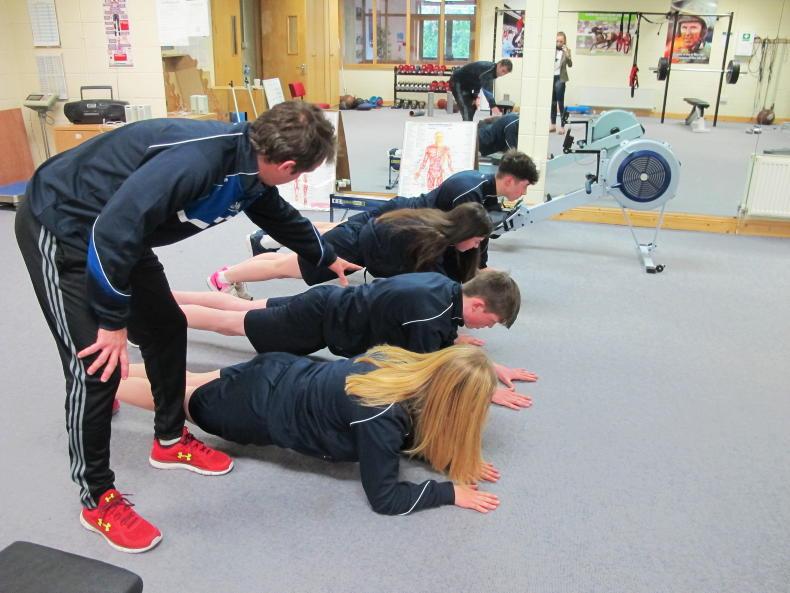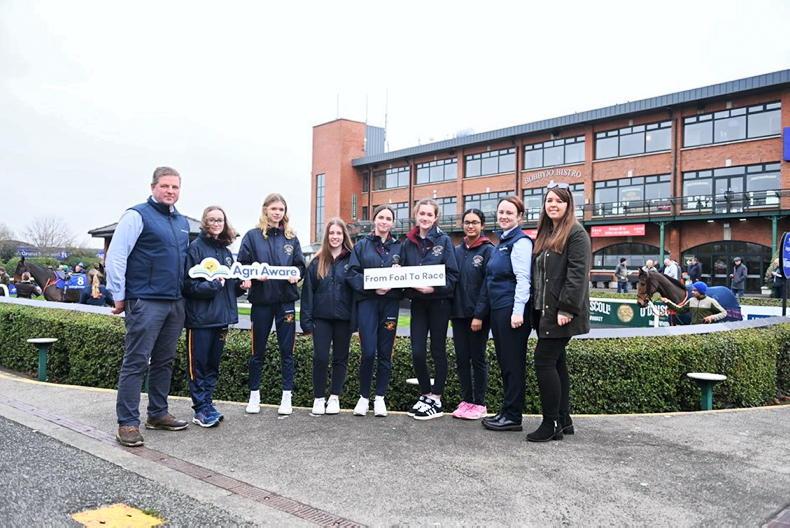THE future of the Racing Academy & Centre of Education [RACE] is in doubt following a decision taken this week to close the facility’s residential areas.
At the request of the RACE board, Horse Racing Ireland [HRI] has stepped in to assess the Academy’s financial situation which has been described as “unsustainable”.
Located on the outskirts of Kildare town, RACE is Ireland’s national academy for the racing industry. Often referred to as ‘the apprentice centre’, it is best known for its trainee jockey course which has produced numerous top-class riders in its 50-year history. It also provides training courses for stable staff and other industry workers.
It is a not-for-profit registered charity and receives funding from Horse Racing Ireland, the Kildare and Wicklow Education and Training Board, and a small percentage of racing prize money. Last December Keith Rowe stepped down as director or chief executive of RACE after 18 years in the post. The position was advertised but never filled.
The RACE board made a decision in early 2023 not to appoint a chief executive. HRI told The Irish Field yesterday it was notified at that time “that the financial model in RACE was unsustainable and required interim measures by way of financial and operational support”.
HRI’s Darren Lawlor was installed as interim chief executive earlier this month “to protect the financial investment that HRI was making on behalf of the industry, and to fully understand the nature and extent of the support that would be required in the future.”
There were reports circulating on Friday morning that 20 students living at RACE had been given 24 hours’ notice to move out due to safety concerns.
In response to queries from The Irish Field, HRI said: “It has come to the attention of HRI, through the interim chief executive, that operational matters on site needed to be prioritised in order to make the residential areas of the site safe, and as such a decision has been taken to temporarily close the residential facilities pending the remedial measures that will be required.”
HRI added: “It is important to note that industry and non-residential programmes continue at RACE, including all of the programmes which support the licensing requirements from the Irish Horseracing Regulatory Board. Operational areas remain open, including the barn, and all horses are still on site and being cared for.”
This year’s trainee jockey course was recently completed but it is uncertain if the next crop of trainees will be able to live on the site. HRI said: “Work on the future model for RACE, and how RACE will deliver the future educational, training and industry requirements for the thoroughbred sector, is underway, and all participants and stakeholders will be involved in that work.”
A source close to RACE told The Irish Field: “The campus needs to be developed and more funding is needed. The trainee jockey course attracts between 25 and 30 students each year, which is close to full capacity, but in recent years only a small number of them go on to become jockeys. The majority go on to work in other areas of the industry, so it is still an important recruitment tool for racing.
“RACE also provides a lot of other training courses which are non-residential, and it is where all applicants for riding and training licences are assessed. What is needed is a greater intellectual contribution from the industry on what kind of an educational campus RACE should provide.”


 This is a subscriber-only article
This is a subscriber-only article
 It looks like you're browsing in private mode
It looks like you're browsing in private mode









SHARING OPTIONS: